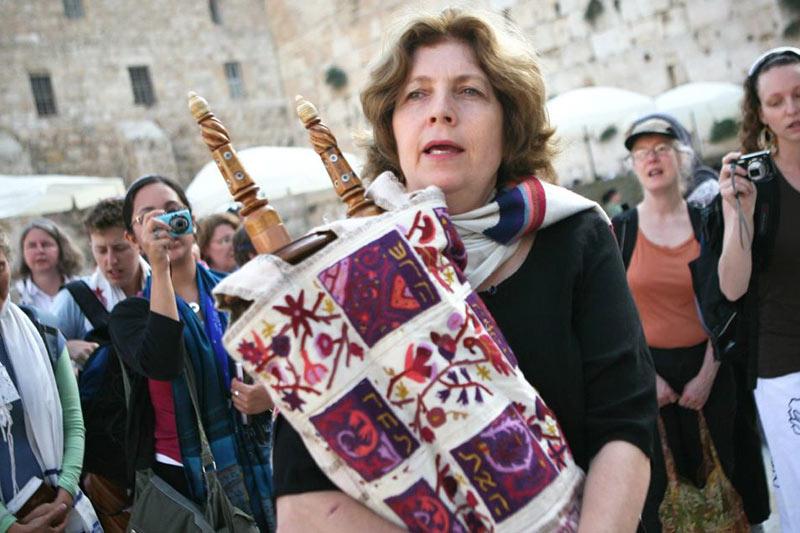She fights for religious rights
In Jerusalem, women are barred from wearing prayer shawls and reading from the Torah at the Western Wall, the holiest site in Judaism. Israeli activist Anat Hoffman says such restrictions are unacceptable, and she is doing everything in her power to fight them.
Hoffman, executive director of the Israeli Religious Action Center and chair of the board of Women of the Wall, will share her story this week as part of a United States tour. She will speak at Tulane Hillel, 912 Broadway, Wednesday, Nov. 30 at 6:30 p.m. and at Congregation Gates of Prayer, 4000 W. Esplanade, Metairie, Thursday, Dec. 1 at 7:30 p.m. Both talks are free and open to the public.
Inbal Sason, Israeli Fellow and engagement manager for Tulane Hillel, says Hoffman and Women of the Wall represent “a new kind of activism struggling for feminist expression within the religious context.”
“They seek the right to pray as full partners in the Orthodox Jewish tradition and not as silent, passive shadows of men, and to encompass members from all branches of Judaism, including Orthodoxy,” she said.
Hoffman is considered one of the great heroes in the struggle for religious rights for all Jews in Israel, and has been arrested numerous times for trying to pray at the Western Wall with a Torah.
In addition to her fight for women’s rights at the Wall, she has led the fight to secure unequivocal state recognition, funding and equal status for Reform and Conservative rabbis, synagogues and institutions; protect the rights of converts to enjoy equal rights in Israel; and secure freedom of choice in marriage and equal rights in divorce for all Israelis.
In 2013, the newspaper Haaretz named her “Person of the Year” and the Jerusalem Post included her on its list of the “50 Most Influential Jews” for bringing the issues of women’s rights at the Western Wall to the “forefront of the consciousness of world Jewry.”

